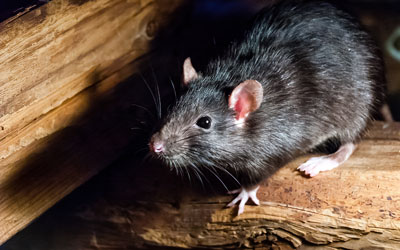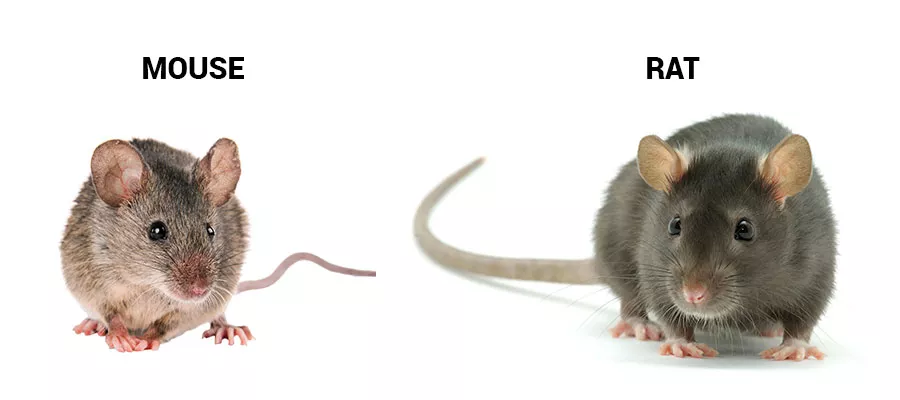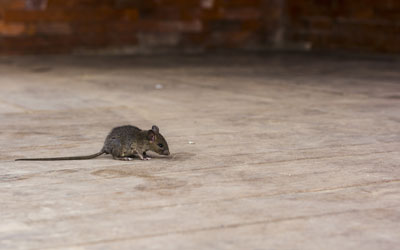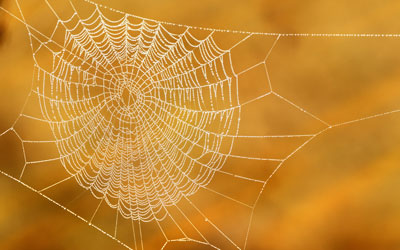How do you know if you have a rodent infestation? The most common signs are evidence of poop piles or urine patches in and around the house. They may gnaw at your bagged food and stored
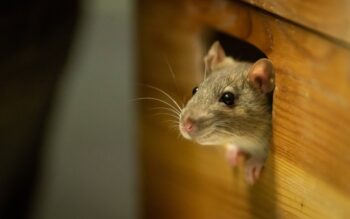
belongings, and when they’re at their most active you’ll hear them skittering about in your walls or above your head. If any of this sounds familiar, you need professional extermination services. We can send a rodent expert to clear out any size rat or mouse infestation that may be in your home, but that’s not all that needs to be done. Were the rodents around your insulation? If so, they’ve likely damaged the material.
Why are rats and mice attracted to your insulation? What do they do with it, and what can you to repair and prevent? At Loyal Termite & Pest Control, we can answer all these questions and more.
Rodents in Insulation
When mice and rats get into the home, they’re looking for a source of food and a place to nest that’s relatively undisturbed. The insulation in your walls and attic provide all of that. The most popular insulation material for rodents is fiberglass batting. It’s soft and warm, easy for rodents to bite into to eat or use for their nests. And even once you get rid of rodents in your home, the damage to the insulation remains. It won’t go away, and at that point, the safest and most cost-effective solution is to replace the insulation entirely.
There are no materials that are completely rodent-resistant. Boric-infused cellulose may deter larger pests, but there’s really no guarantee. What matters is that you don’t try and remove and replace the damaged insulation yourself. Rodents leave droppings wherever they nest, and it’s possible that their leavings are tainted with Hantavirus. Hantavirus is a potentially fatal respiratory disease that can be spread into the air if infected leavings are disturbed. That’s why we strongly suggest you leave any potential insulation replacement to the experts.
But do you have to wait for it to get to that point? What’s the best way to prevent rodents in Virginia?
Rodent Exclusion with Loyal Termite & Pest Control
What is rodent exclusion? It’s a way that pest control companies can stop an infestation before it starts. And it involves no magic tricks, just a thorough analysis of the potential vulnerabilities in your home. We can patch up holes and fill in gaps that rats and mice could otherwise slip in, leaving your home secure and your insulation unbothered. Rodent exclusion is only one step of our rodent extermination plan that’ll make sure homes in Virginia get pest-free* and stay there. We’ve been working in the area for over sixty years, and in that time we’ve developed the experience and skill set to handle the full scope of pest prevention and control.
Don’t wait until rodents leave you footing the bill on an unnecessary repair. To protect your insulation, and your home as a whole, contact Loyal Termite & Pest Control today!

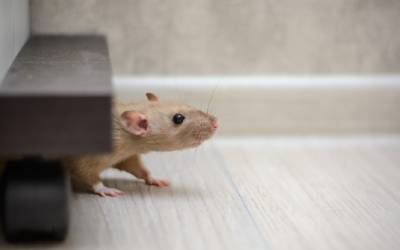 Having serviced Eastern & Central Virginia homes for so long, our Loyal Termite & Pest Control technicians have seen it all. With the great variance in weather trends that we see throughout the year, all sorts of pest problems are possible. This means that in order to stay on top of pest problems year round, our at-home pest control strategies have to change. As we watch this autumn fade into winter, we have to make sure our home maintenance is keeping up with the season. Read on to learn how!
Having serviced Eastern & Central Virginia homes for so long, our Loyal Termite & Pest Control technicians have seen it all. With the great variance in weather trends that we see throughout the year, all sorts of pest problems are possible. This means that in order to stay on top of pest problems year round, our at-home pest control strategies have to change. As we watch this autumn fade into winter, we have to make sure our home maintenance is keeping up with the season. Read on to learn how!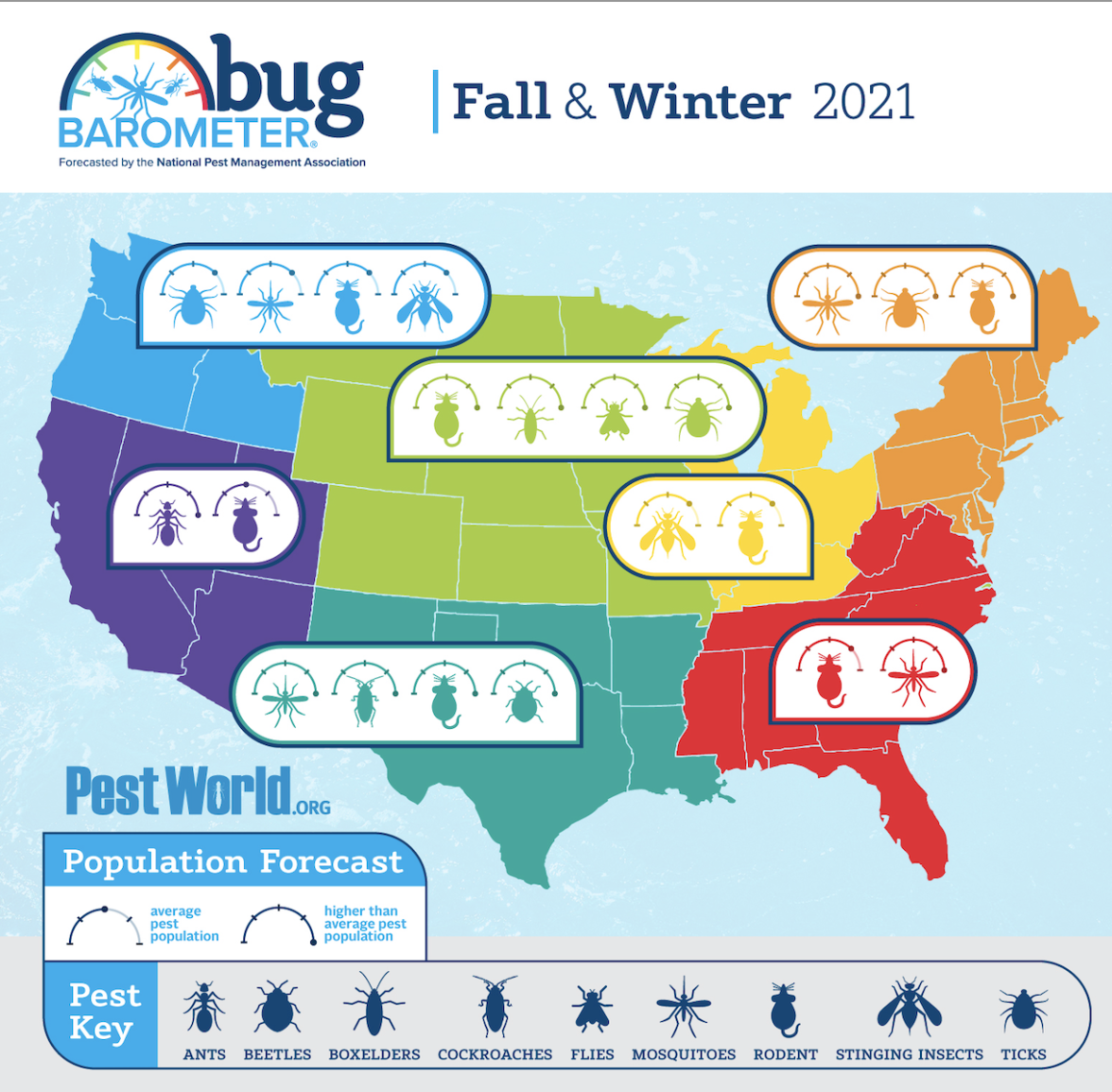
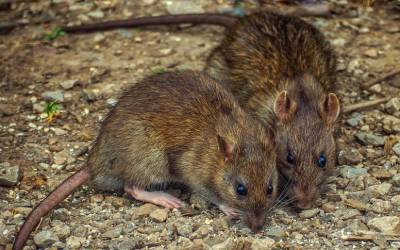 One of the worst parts about dealing with pests, especially rodents, is the concern of potential property damage. Between mice, rats, gophers, moles, and more,
One of the worst parts about dealing with pests, especially rodents, is the concern of potential property damage. Between mice, rats, gophers, moles, and more, 